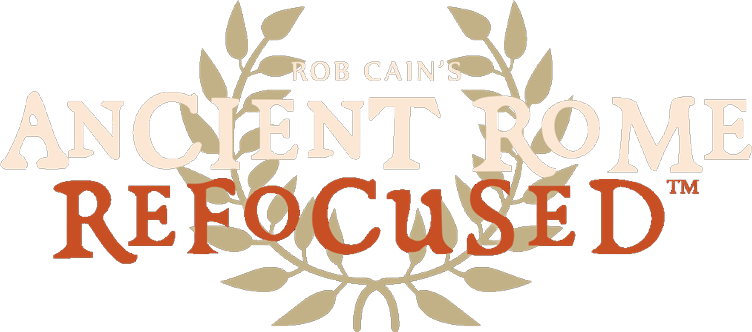Views: 3


Dr Philip Matyszak has a doctorate in Roman history from St John’s College, Oxford, and is the author of a number of acclaimed books on the ancient world, including 24 Hours in Ancient Athens and 24 Hours in Ancient Rome, published by Michael O’Mara Books, which have been translated into over fifteen languages.
Dr. Matyszak: I would argue that all history is opinion. There is facts that everyone agrees on, but that’s not history. History comes from the Greek word ‘historía’, which means inquiry. So if you’re doing history, you’re trying to figure out not what happened, but why and how it happened. And once you do that, it’s an opinion. It’s what I love about history. It’s a debate.
Well, what classical study gives us is an idea of who we are. If you look at Western civilization, the amount that the Western psyche is built upon Greek myth and Greek and Roman ideas and philosophies and basic scientific concepts is immense. Even the word ‘psyche’ itself comes from the Greek. So once we drop classical studies, we are dropping a subject that tells people today who we are. And that’s a time when youth are getting more alienated from society anyway. I’m not sure that’s altogether a good idea.
I’m all in favor of teaching any language at school because when you learn a new language, you learn a new way to think as well as to communicate. But with both classical studies and Latin, I feel that if we are going to teach these, we have to rethink how we teach them. Because when you take a subject and just ram it down a young person’s throat, what you’re more likely to do is put them off the subject. Almost everyone I know who’s passionate about ancient history picked up the subject after school and quite often despite having had to learn it at school because it’s taught in the way that I would say history should never be, and that’s as a parade of facts and dates.
It’s the same with Latin. My Latin teacher tried to teach me by giving me a caning every time I failed to get 80% in a test, and it didn’t take. I think we should teach it in the context of Roman culture. So when you look at Roman culture and you say, “Okay, now let’s have a look at how this is described in Pliny,” or “Here’s an interesting battle; let’s read Caesar’s description of it,” or “Here’s Cicero getting really catty about somebody; let’s see how the Latin looks.” In other words, put it in context.
[END]
Check out the podcast: Emperor Trajan Wants You! Episode 45 on Podbean.




